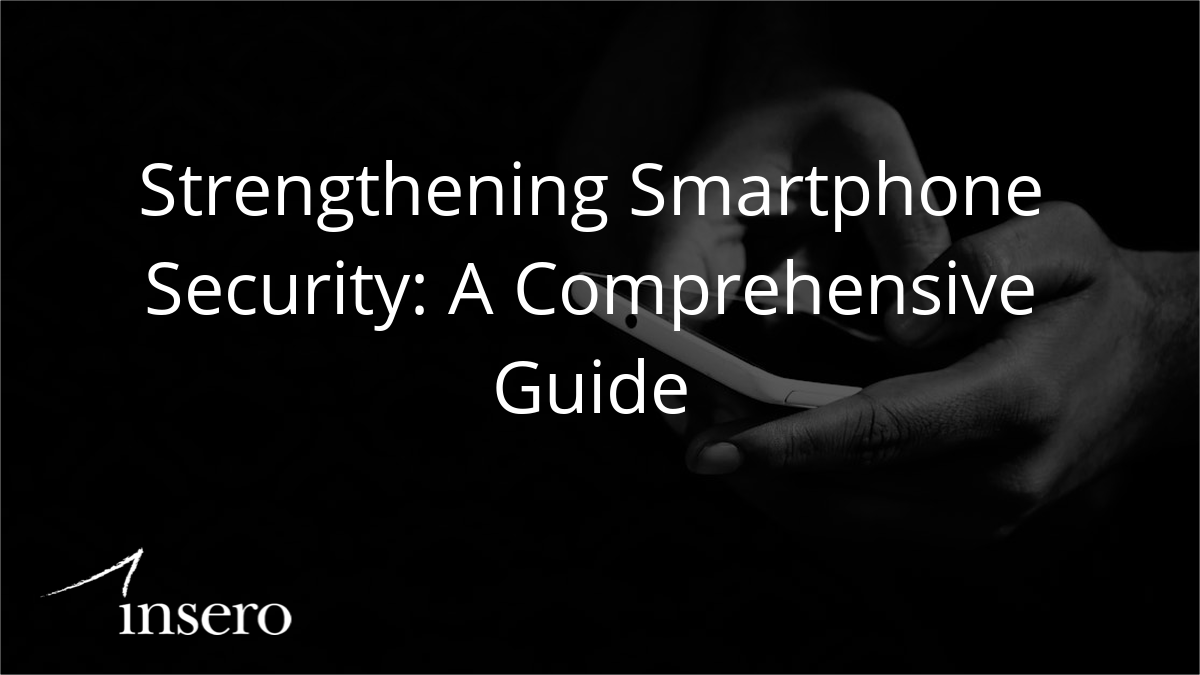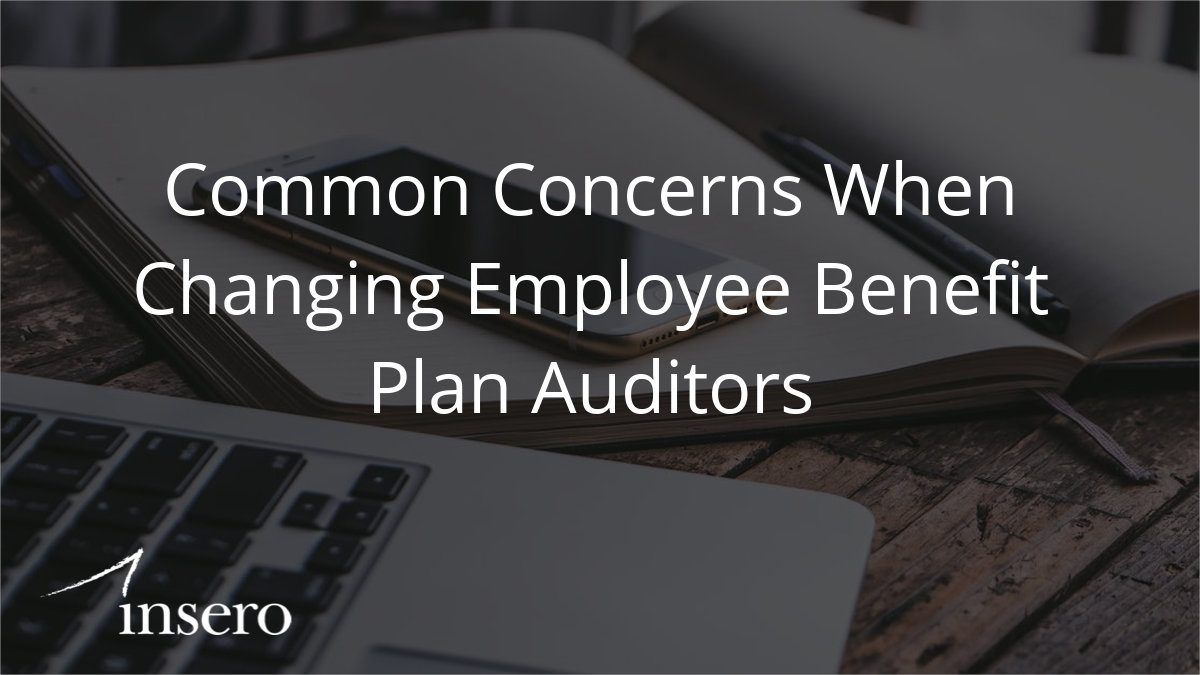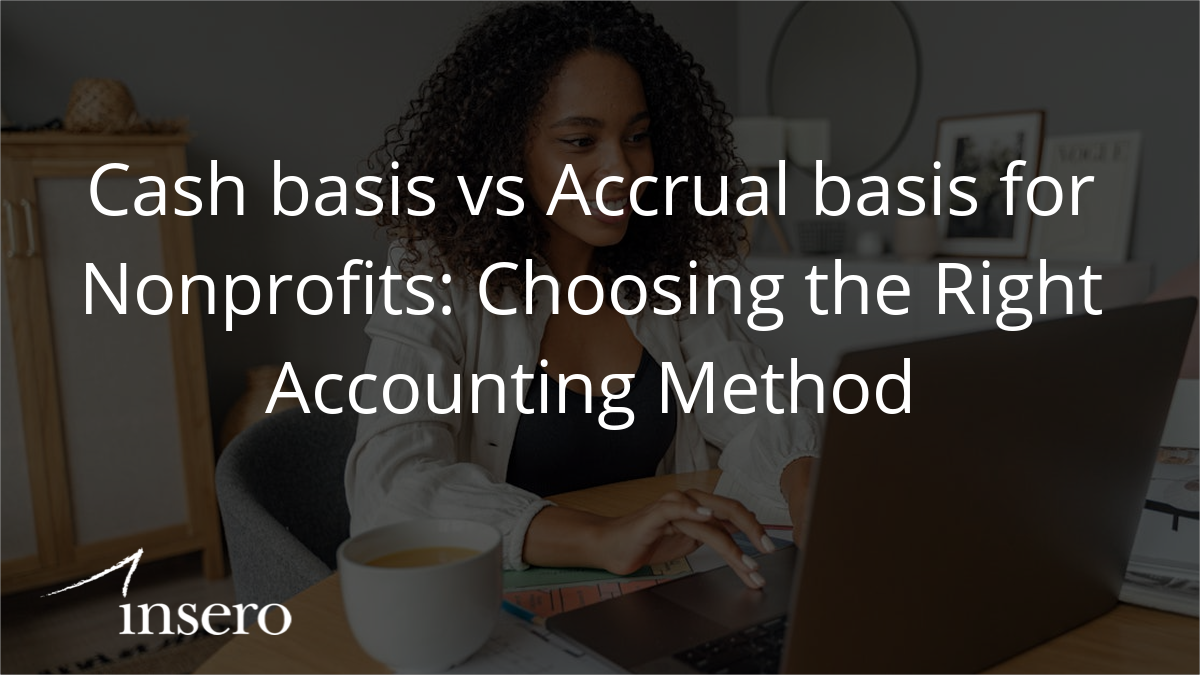A recent “information letter” from the Department of Labor (DOL) is likely to open the doors to private equity investments by 401(k) plan participants. The DOL was responding to an inquiry from a law firm on behalf of a pair of private equity management companies exploring potential new sources of investment dollars.
Private equity primer
Private equity funds invest in privately held companies whose stock is, by definition, not traded on public exchanges. They sometimes also acquire publicly held companies, but then convert them to privately held status. Private equity fund managers generally seek to increase the value of their investments by infusing capital and improving target companies’ management and operations.
Private equity investment has grown rapidly, but the growth has begun to slow, according to a recent industry analysis by Deloitte. “As industry growth slows, private equity firms will continue to shift more time and resources from front office deal-making to growing profitability through restructuring and operational efficiencies,” according to Deloitte.
Fiduciary limits
Under ERISA, 401(k) plan fiduciaries must exercise their authority “with the care, skill, prudence and diligence under the circumstances then prevailing that a prudent person acting in a like capacity and familiar with such matters would use in the conduct of an enterprise of a like character and with like aims.” The inquiry sought guidance from the DOL asking whether a defined-contribution plan fiduciary would violate the ERISA fiduciary standard by including a “multi-asset class vehicle” with a private equity component in its fund lineup. Those funds could be structured as target date, target risk or balanced funds.
The guidance covers only allocation decisions made by the fund’s asset managers in scenarios in which private equity would be one of multiple categories of equity investments within the fund. It doesn’t cover any fiduciary or other ERISA issues that would be involved in a defined-contribution plan allowing individual participants to invest their accounts directly in private equity investments. The guidance was clear that such direct investments in private equity investments present distinct legal and operational issues for fiduciaries of ERISA-covered individual account plans.
Investment decision considerations
In giving its green light to such investments, the DOL laid out several factors plan sponsors should keep in mind, given potentially problematic features of private equity investing for some plan participants. These include the typical multiyear holding period for portfolio companies, and the challenge in providing an accurate stock valuation before a sale.
According to the DOL’s letter, plan fiduciaries considering a private equity investment option in multi-asset class funds should consider:
- Whether the fund has managers with “the capabilities, experience, and stability” to handle private equity,
- Whether the proportion of the fund’s allocation to private equity investments is appropriate given the “cost, complexity, disclosures, and liquidity” considerations,
- Whether the fund has “adopted features related to liquidity and valuation” that give participants the ability to shift their investment allocations “consistent with the plan’s terms,” and
- Whether the fund is suitable in light of the plan’s “participant profile,” including their ages and contribution and withdrawal tendencies.
What this boils down to is that the plan fiduciary must act with due diligence in determining the suitability of private equity investments as part of the plan’s portfolio.
Mixed reviews
Initial reaction to the DOL’s new stance was mixed. While some praised the move for giving sponsors and participants more choices, others expressed worries that participants will shoot themselves in the foot if given this option. Be sure to consult with your financial advisors before taking any steps to introduce private equity investments into your plan’s portfolio.
As always, we hope you enjoy this edition of our newsletter and we look forward to receiving your feedback. Should you have any questions regarding the information contained in the attached materials or our Employee Benefit Plan Services, please feel free to contact me directly.
Want to learn more?
Join our Employee Benefit Plan Resources group on LinkedIn for more frequent updates on recent developments and best practices and discuss related topics with your peers.




